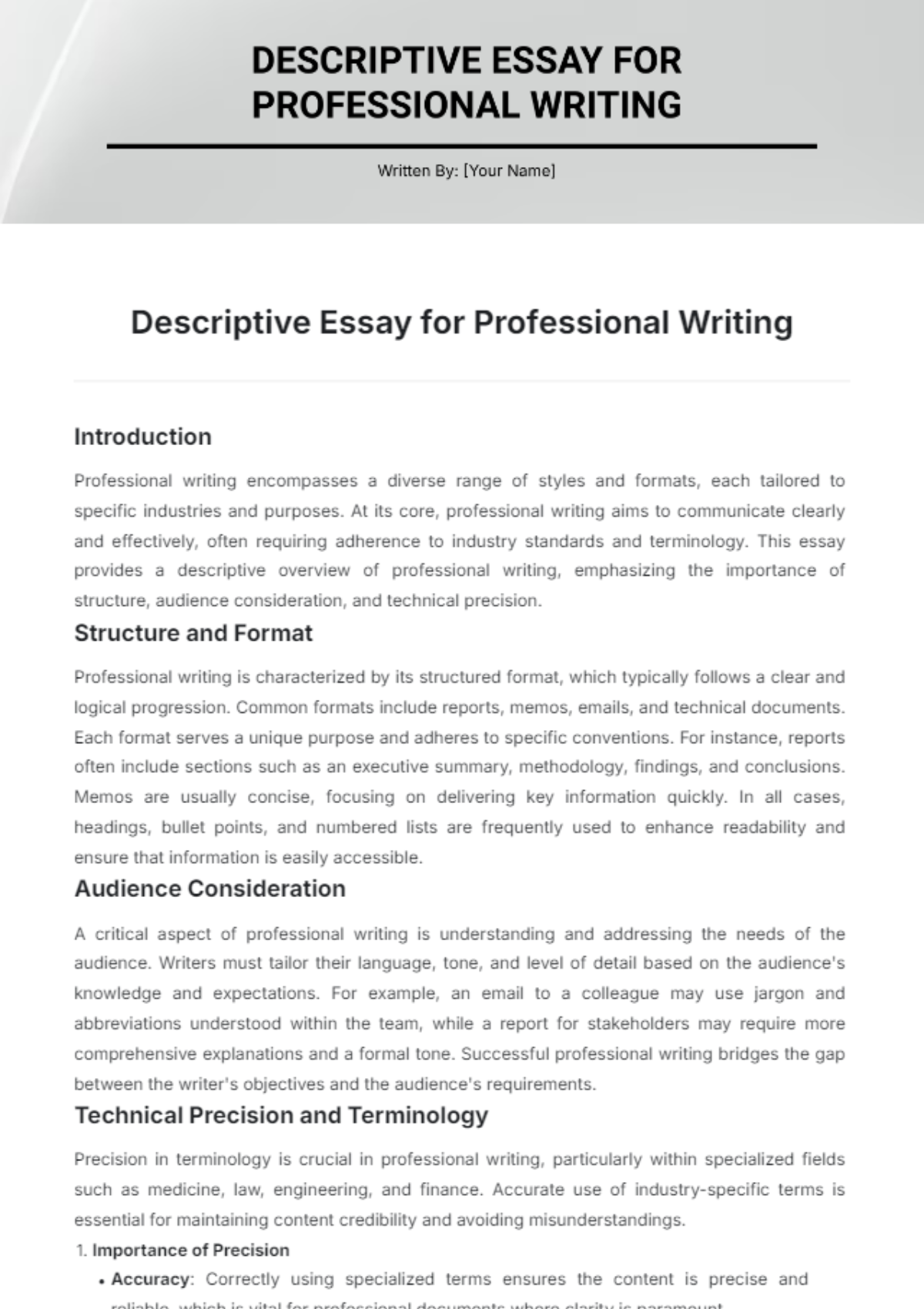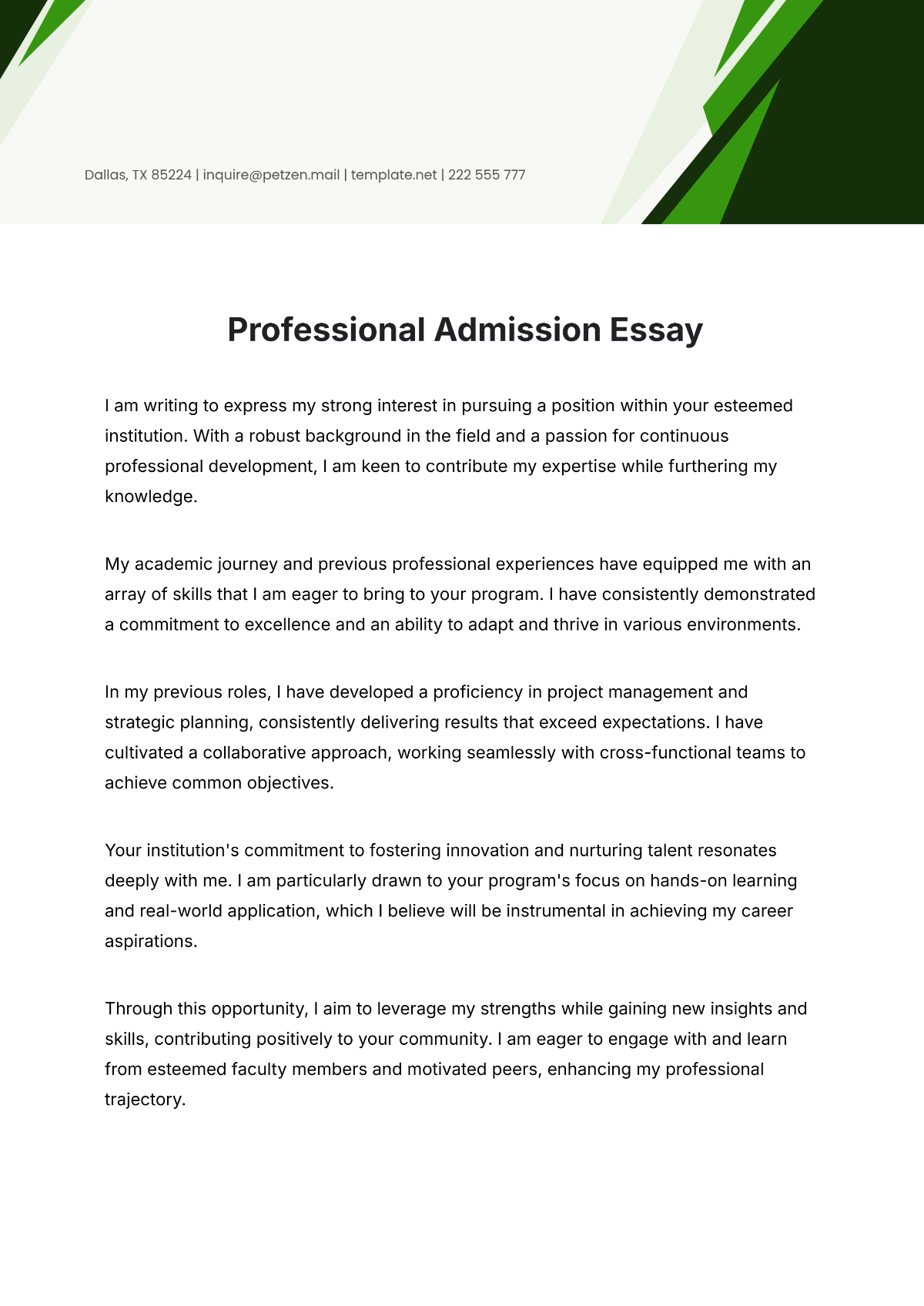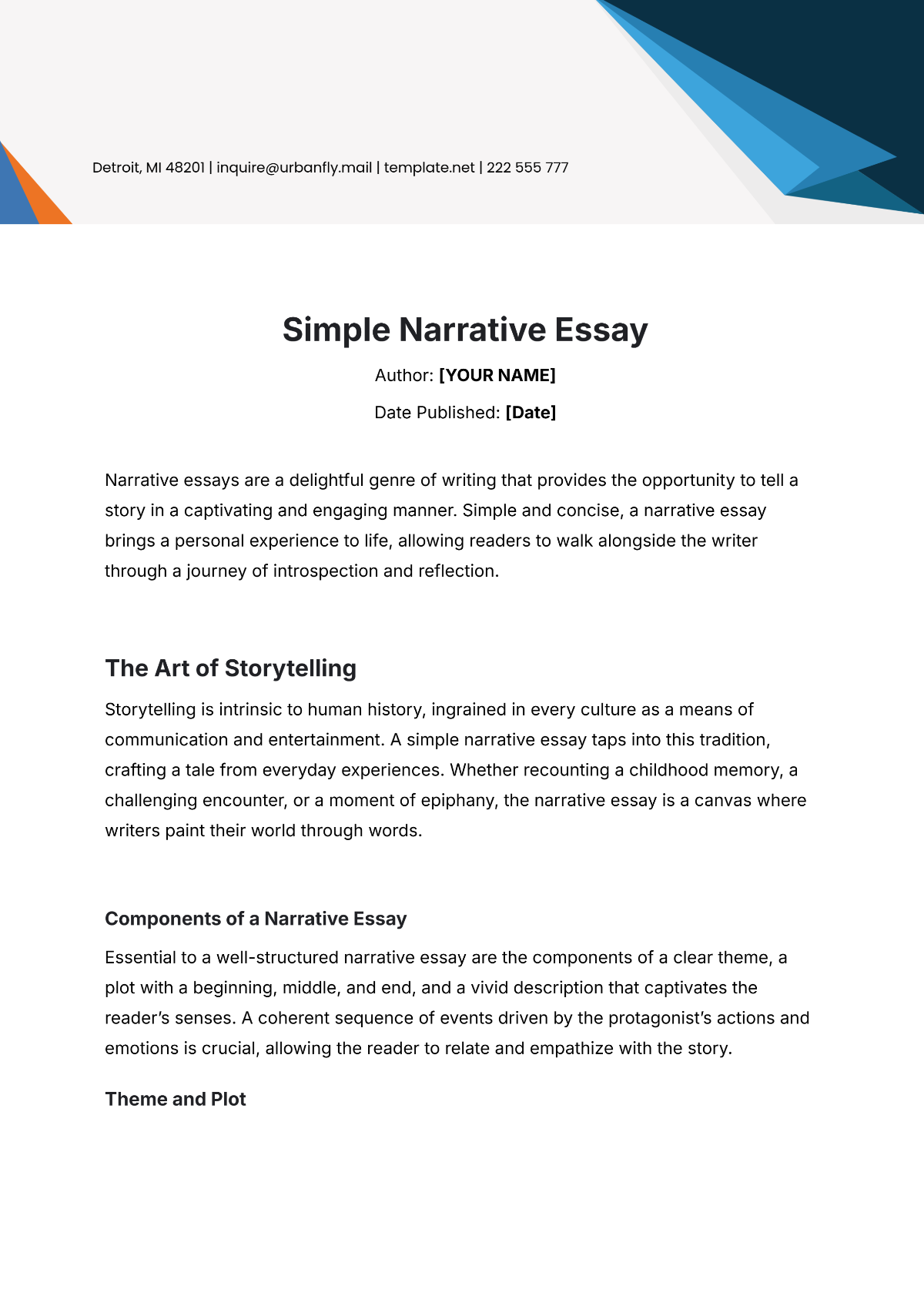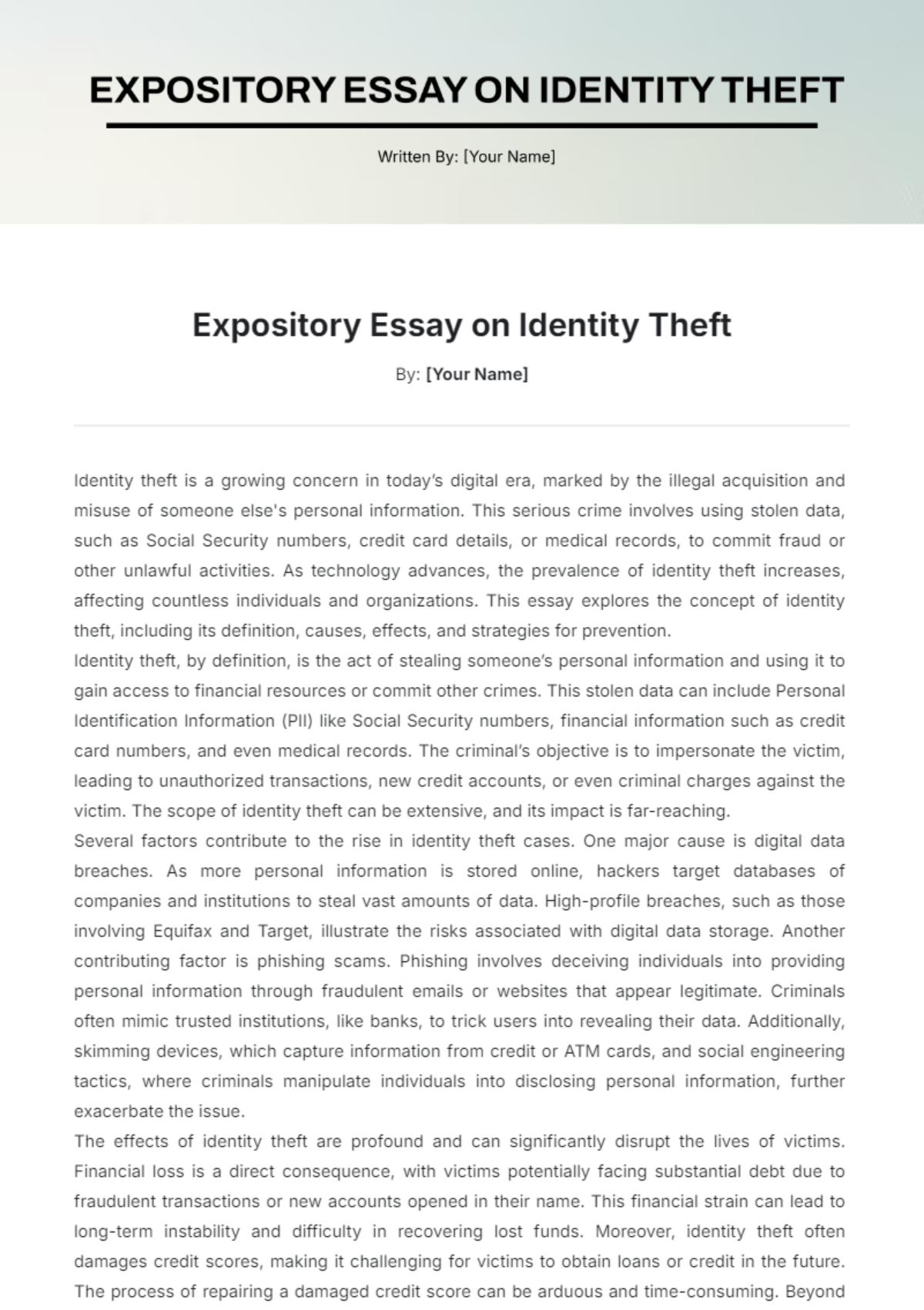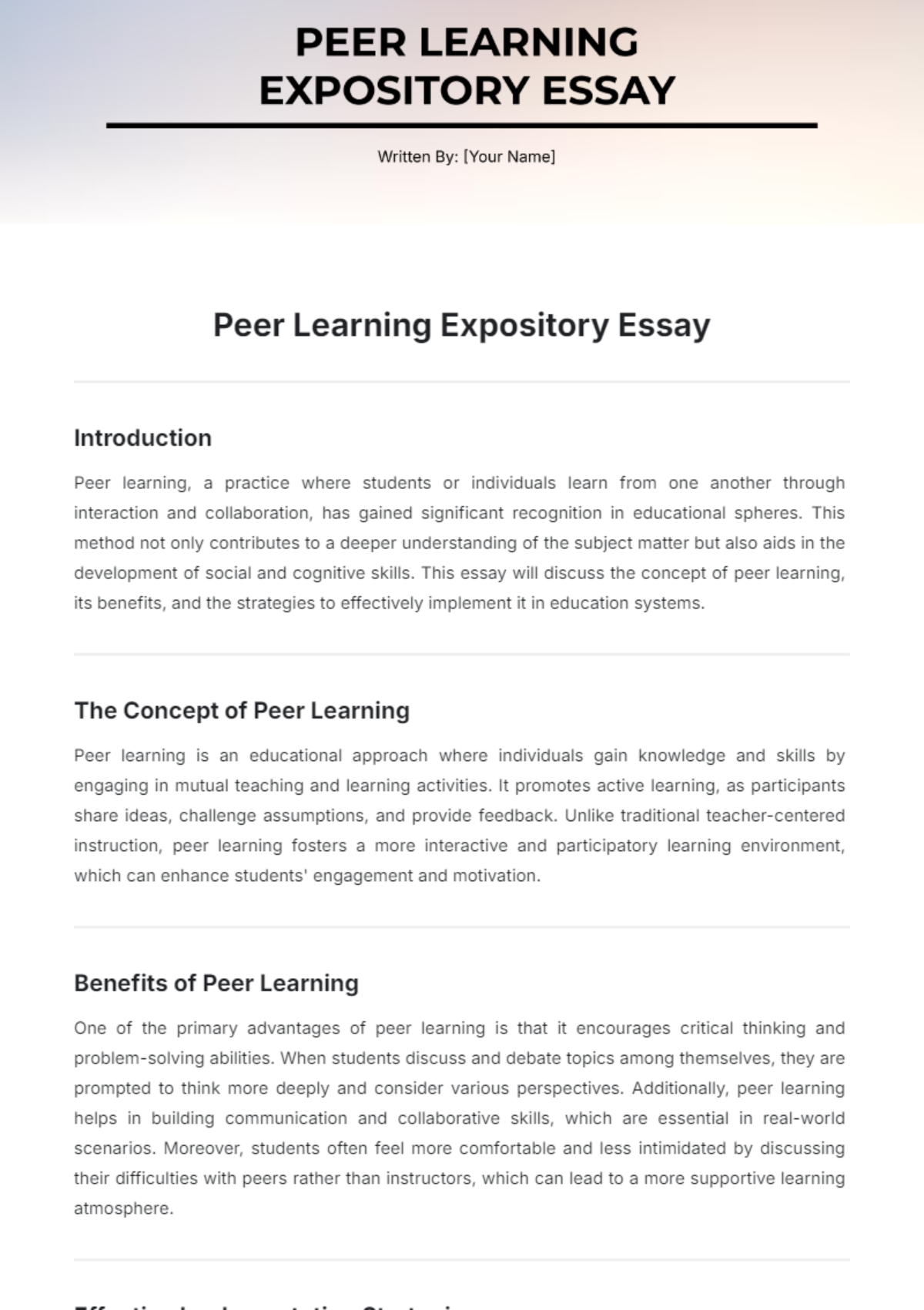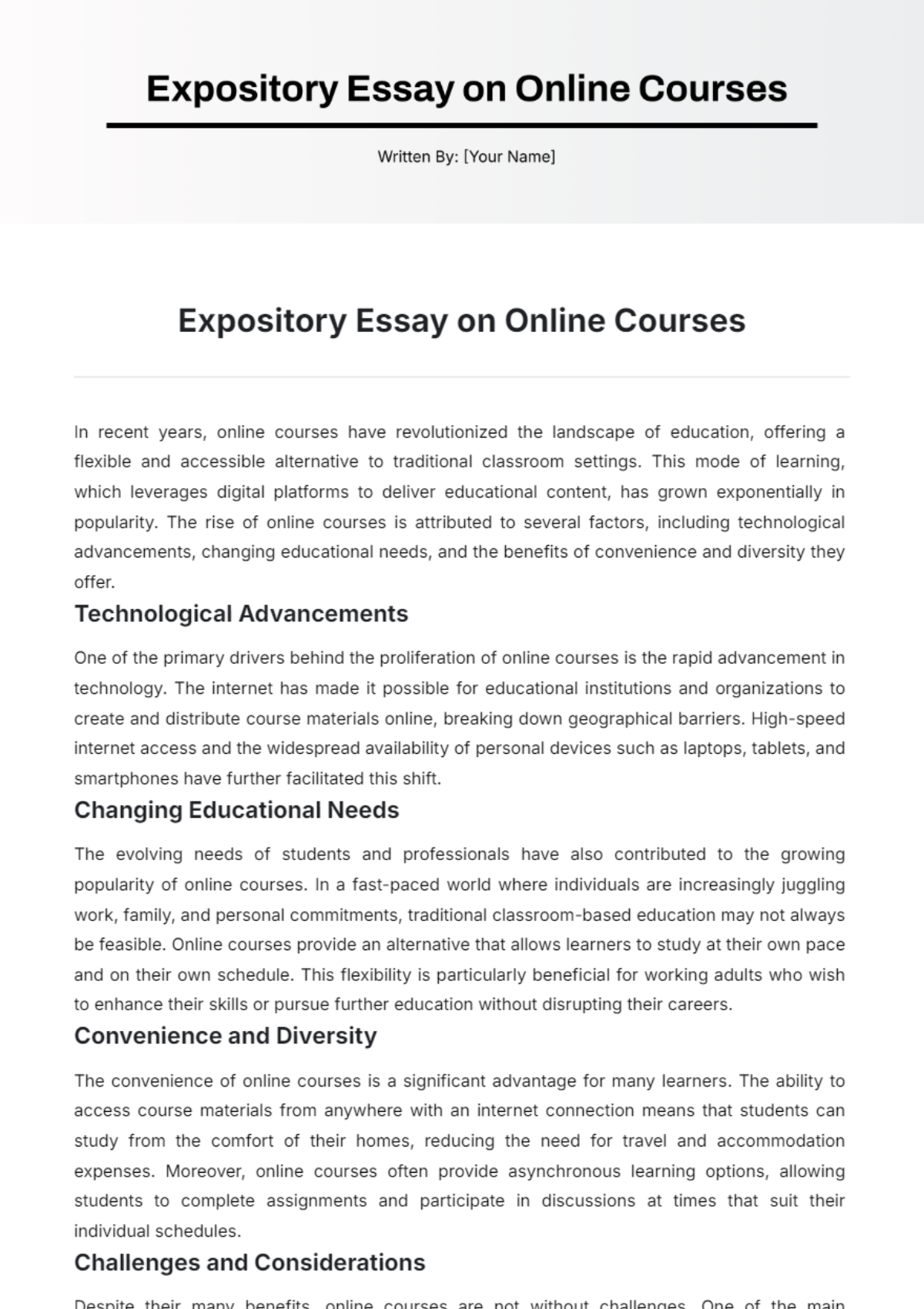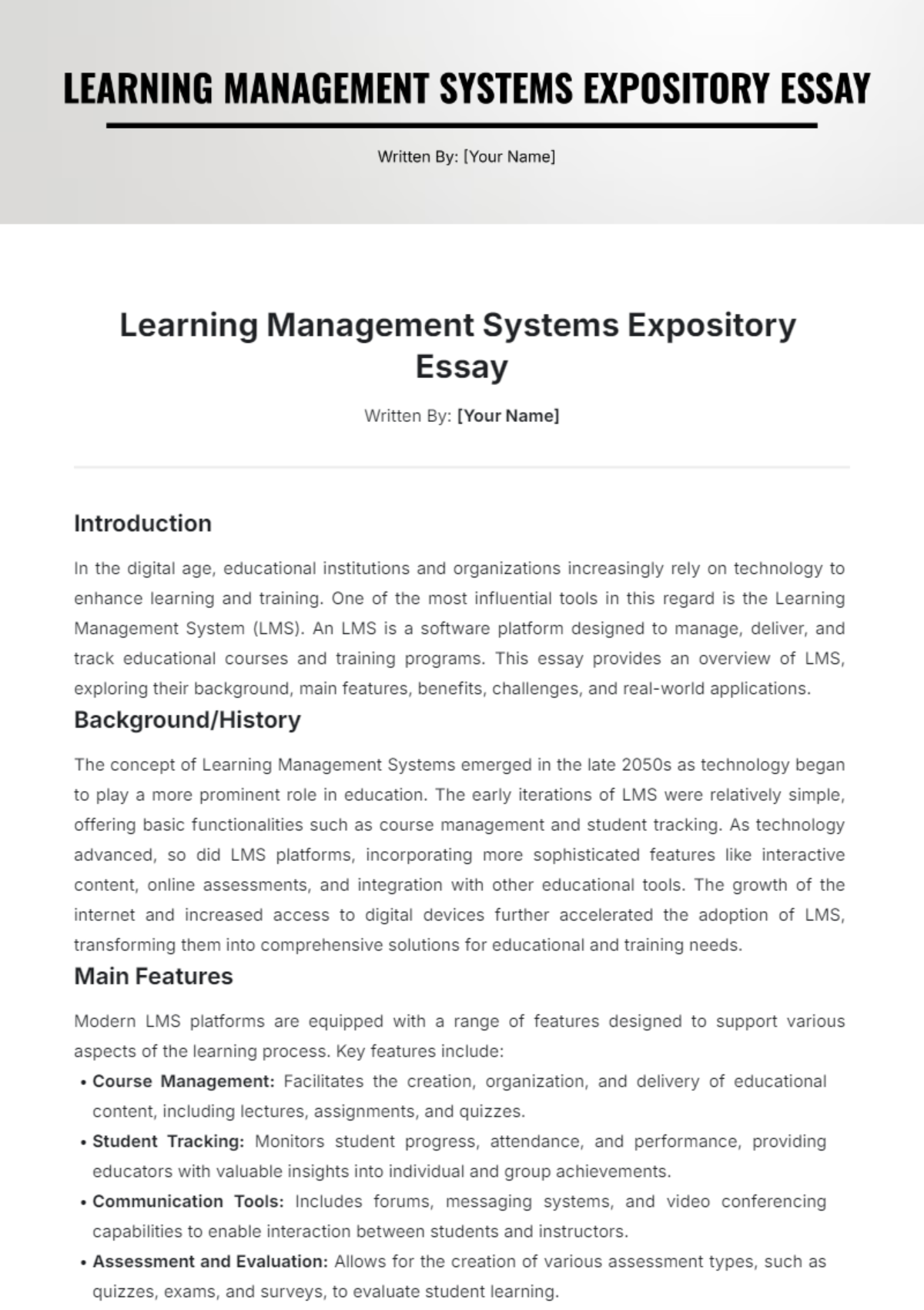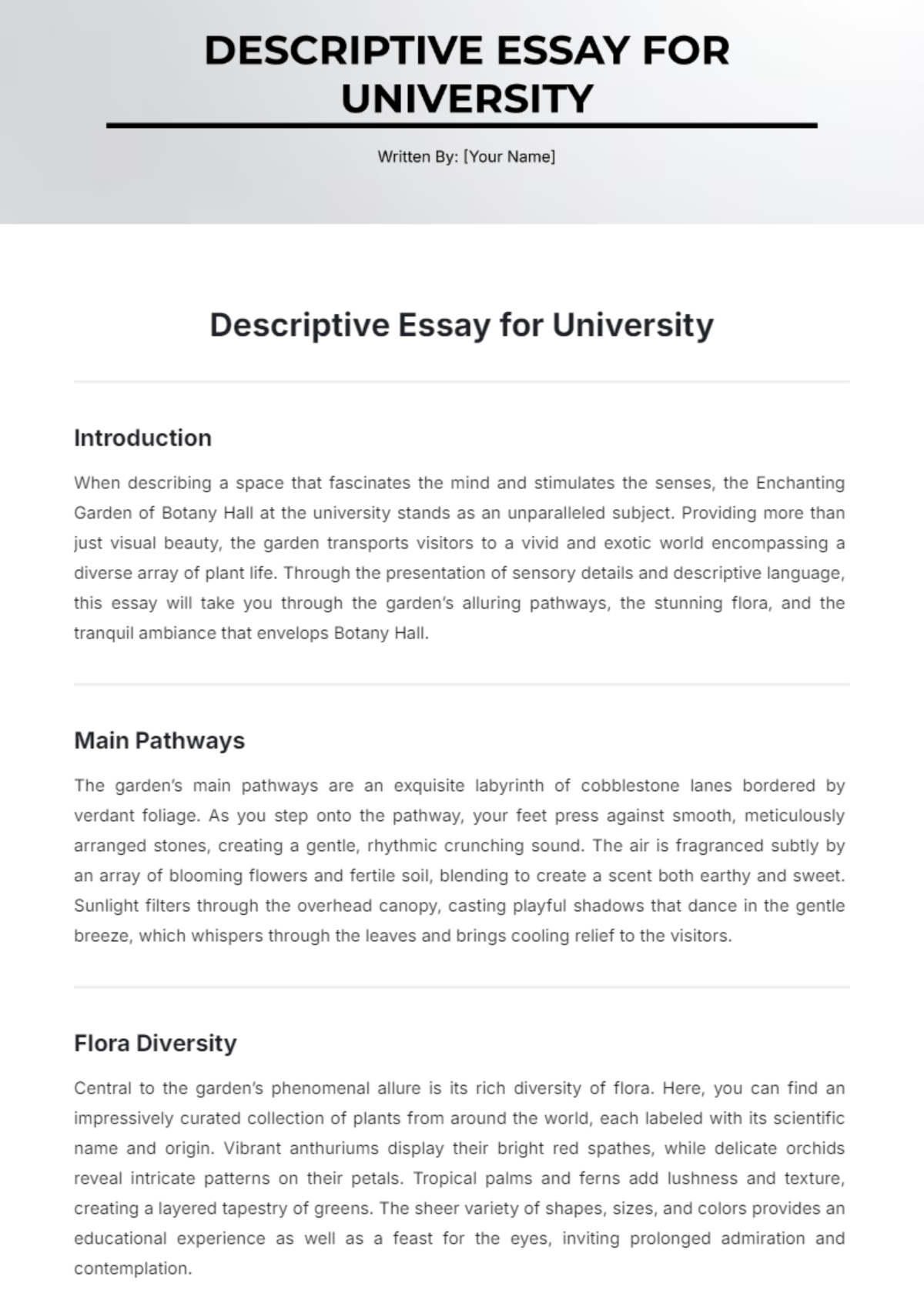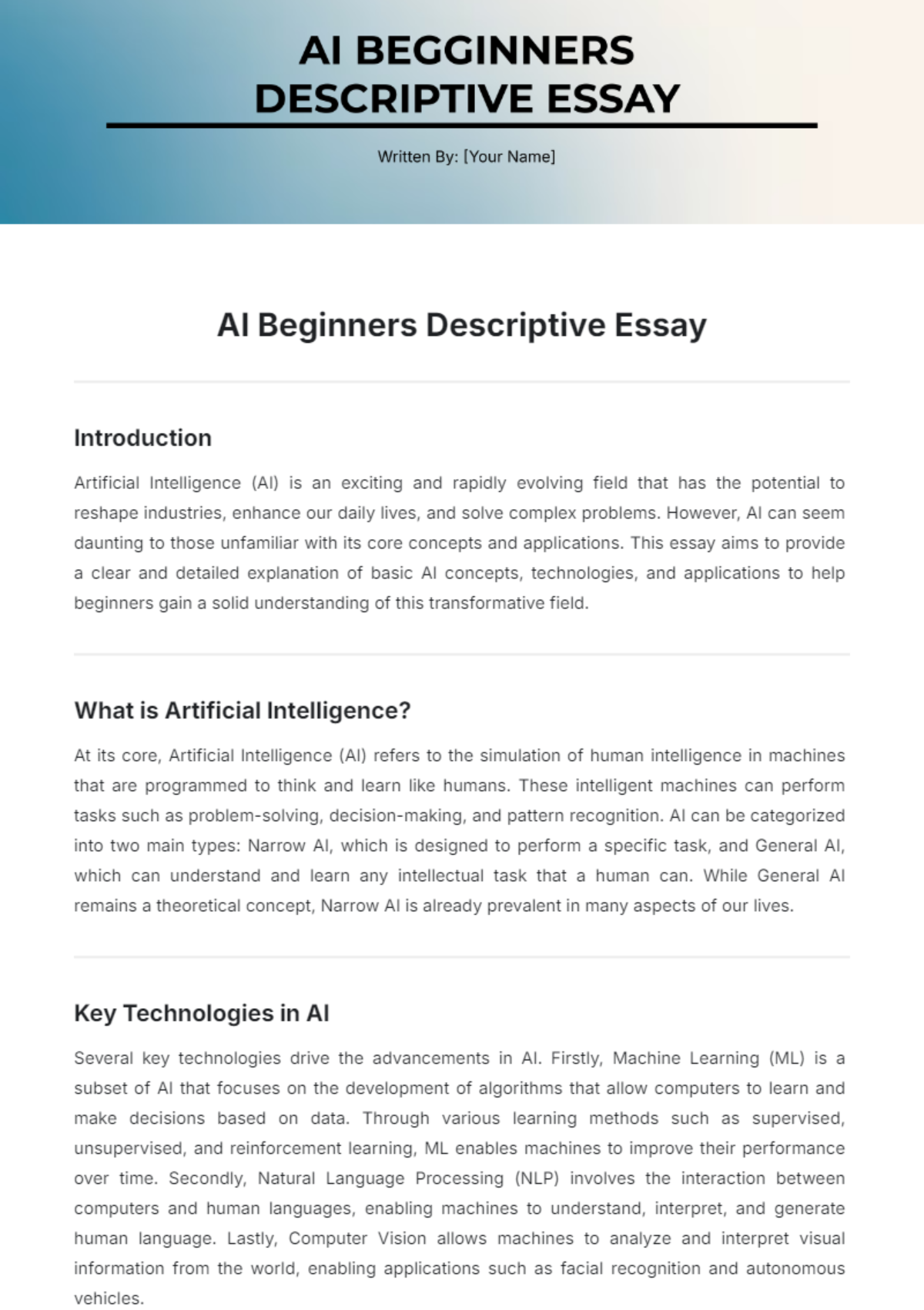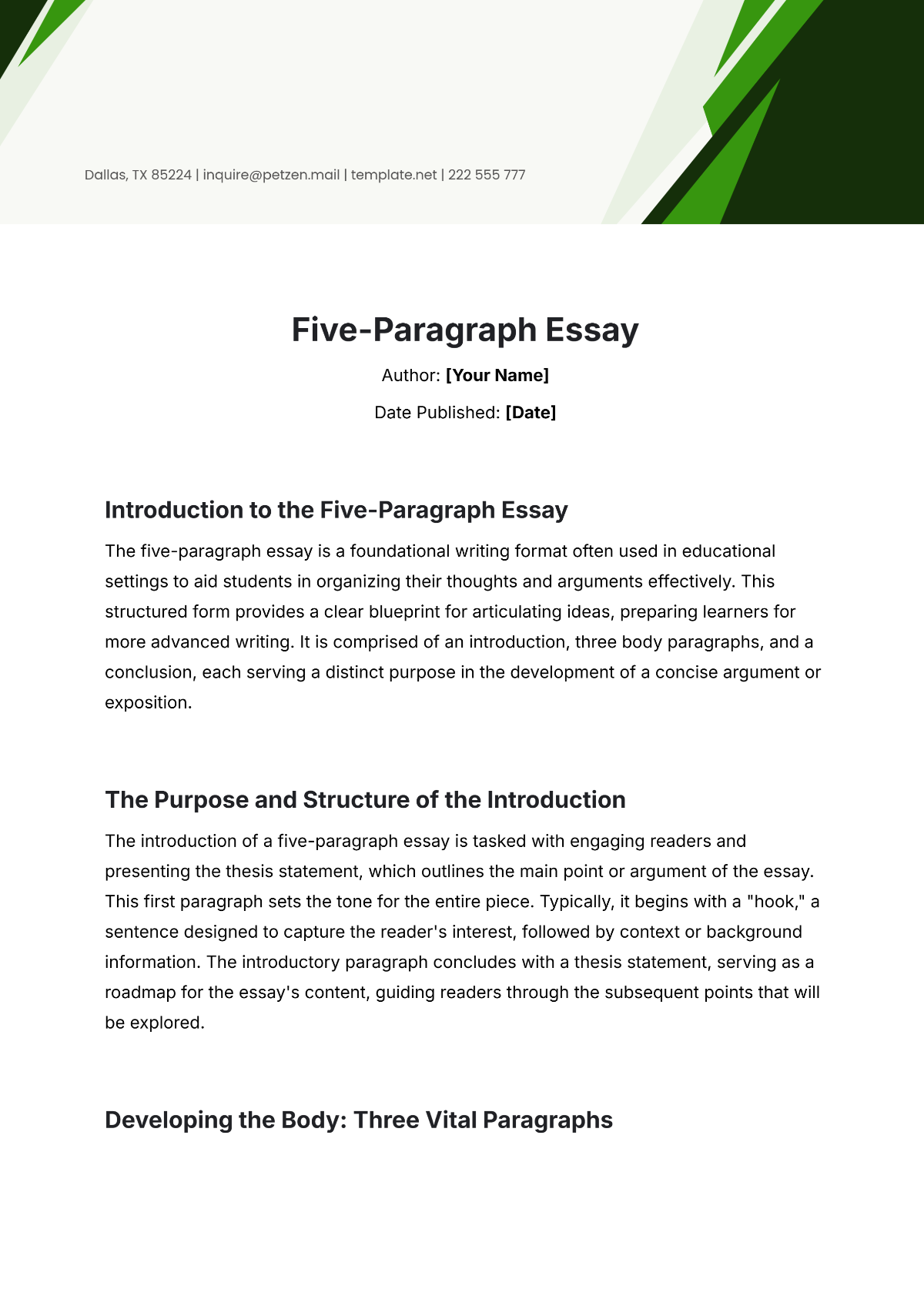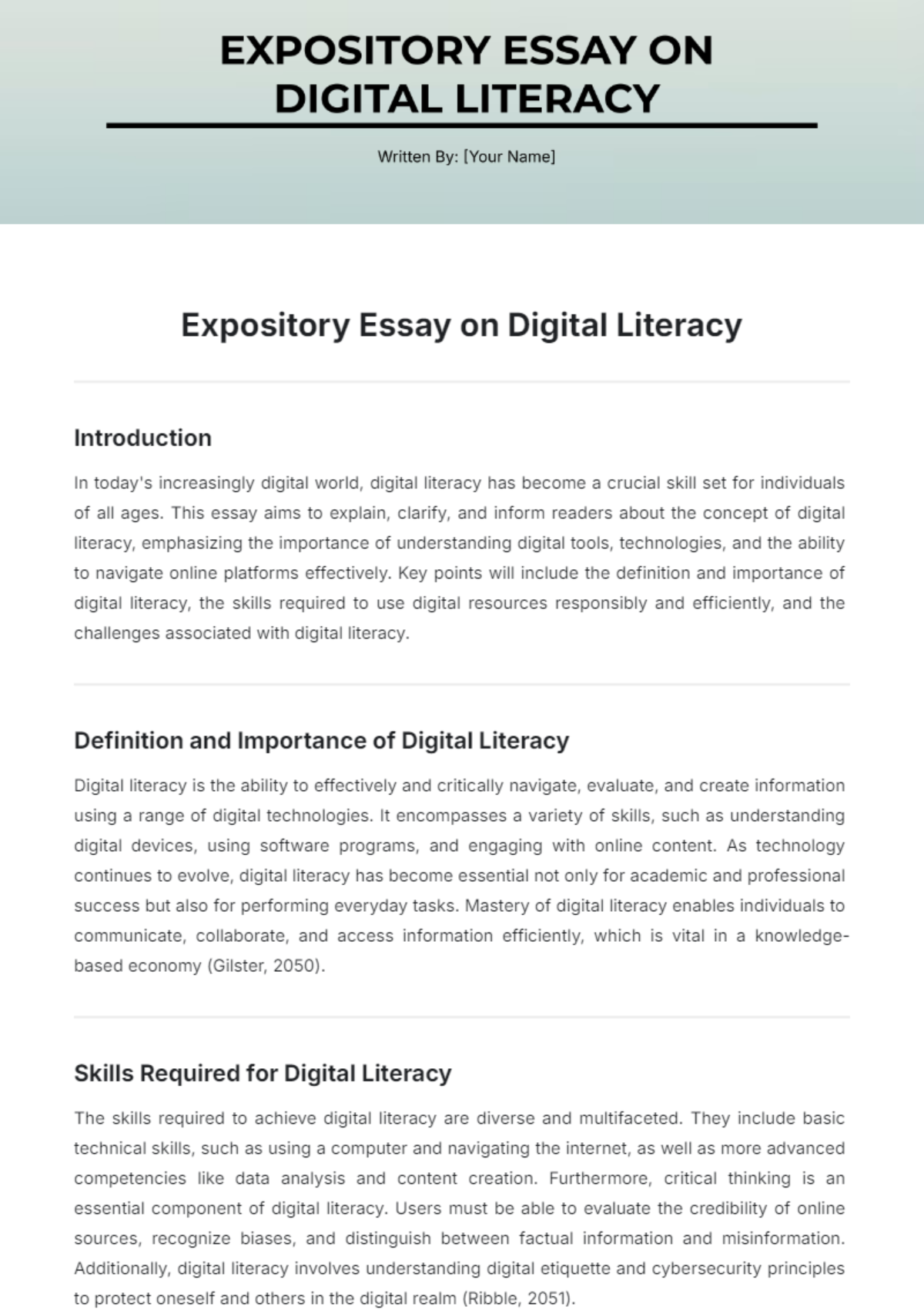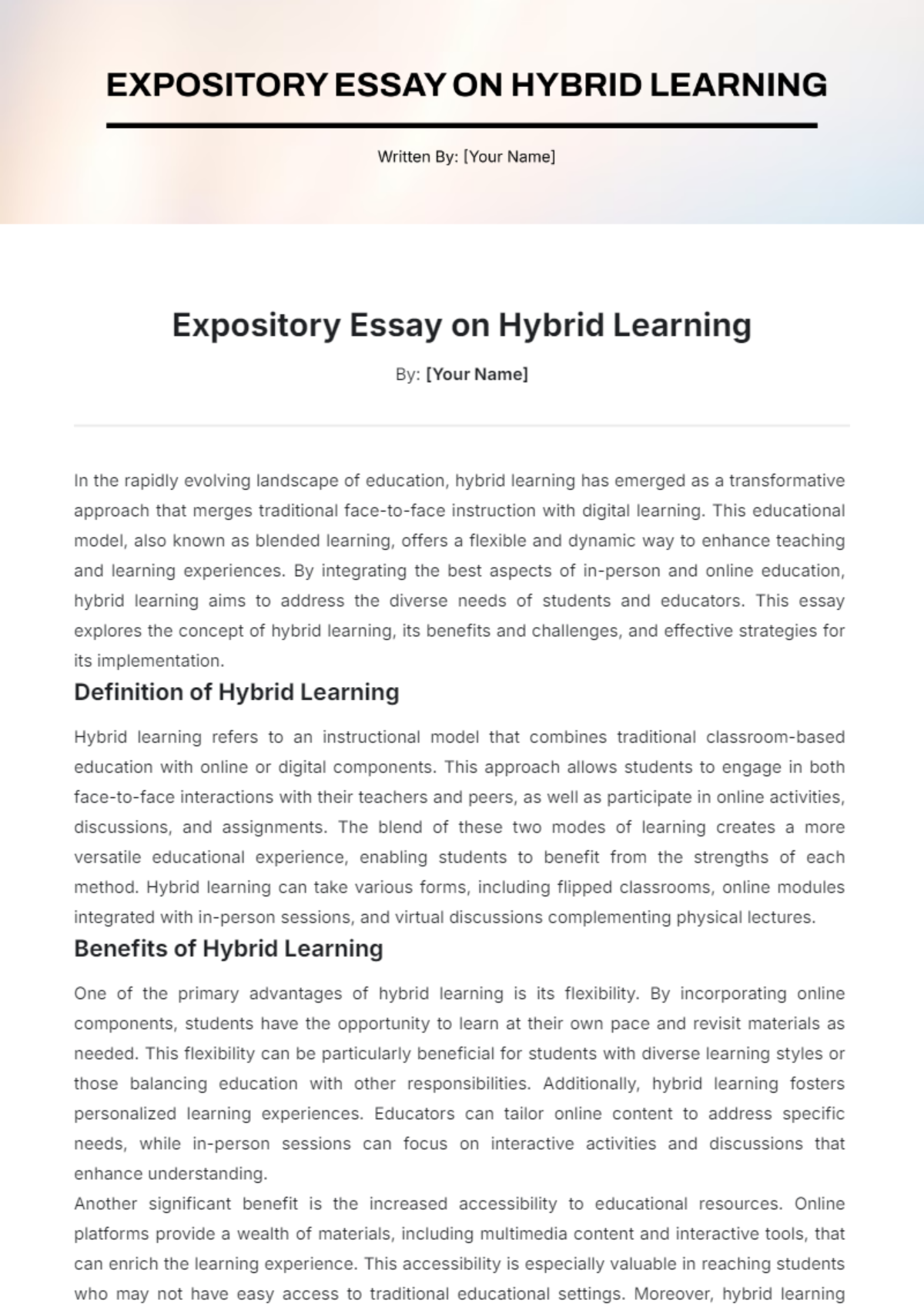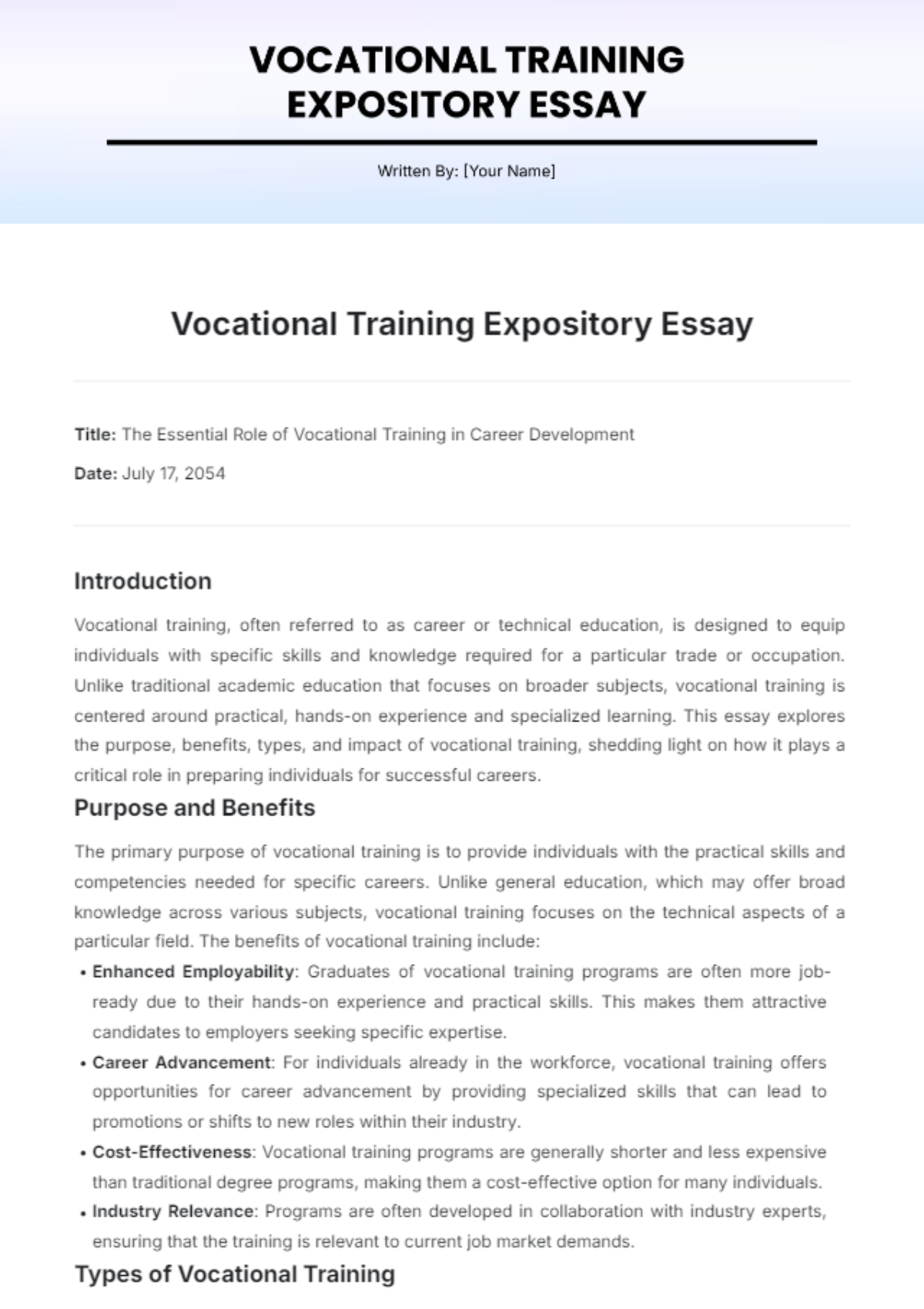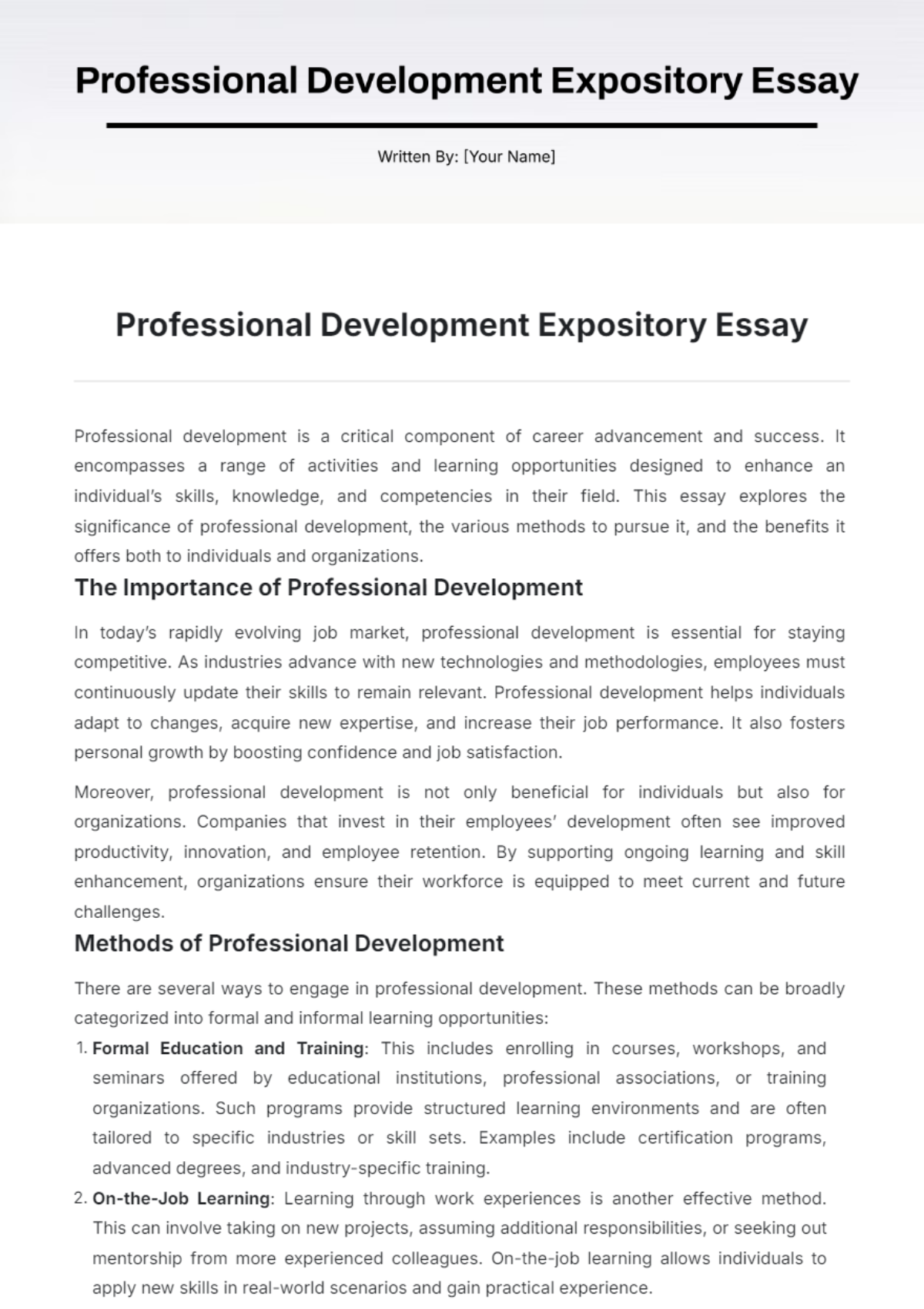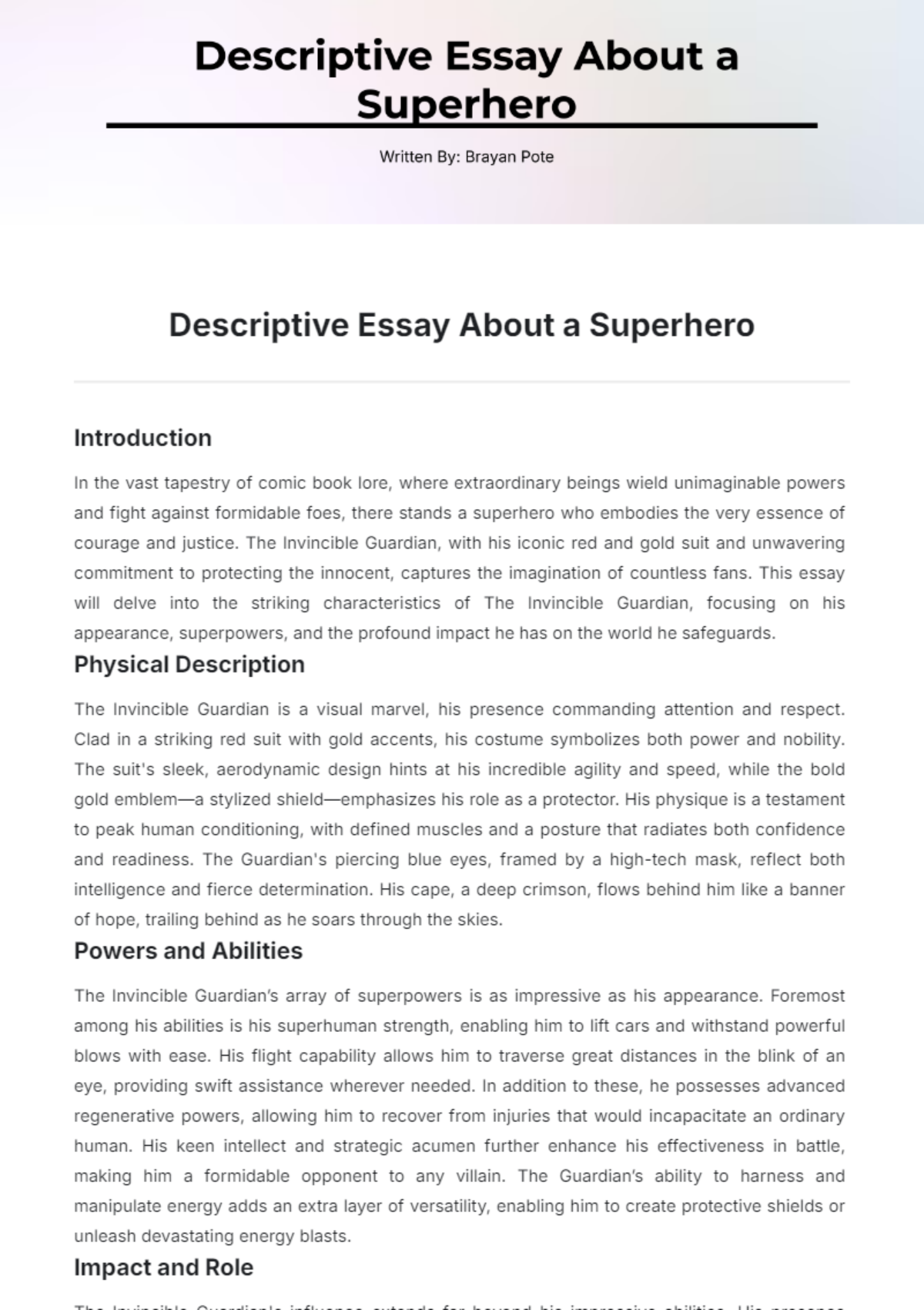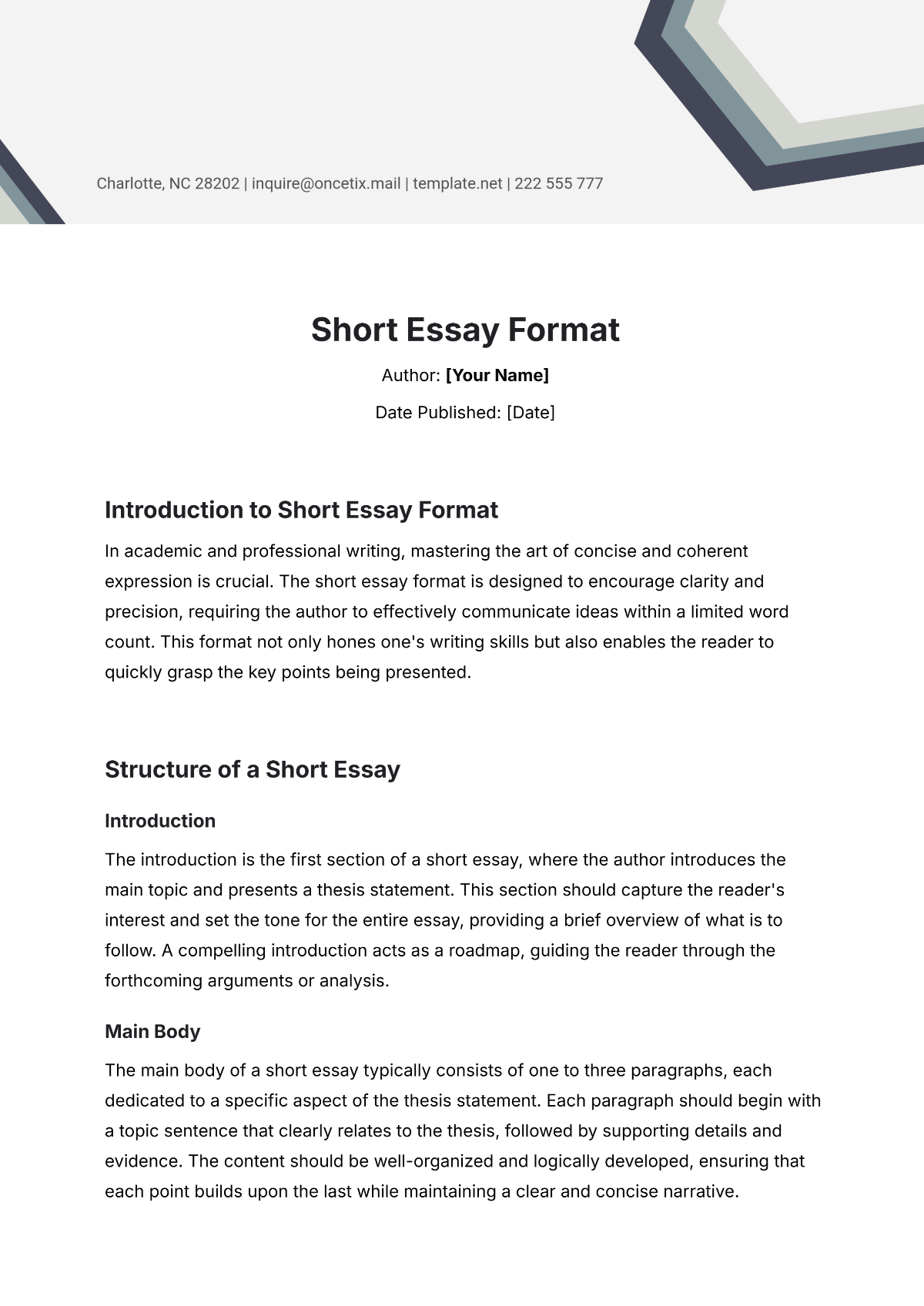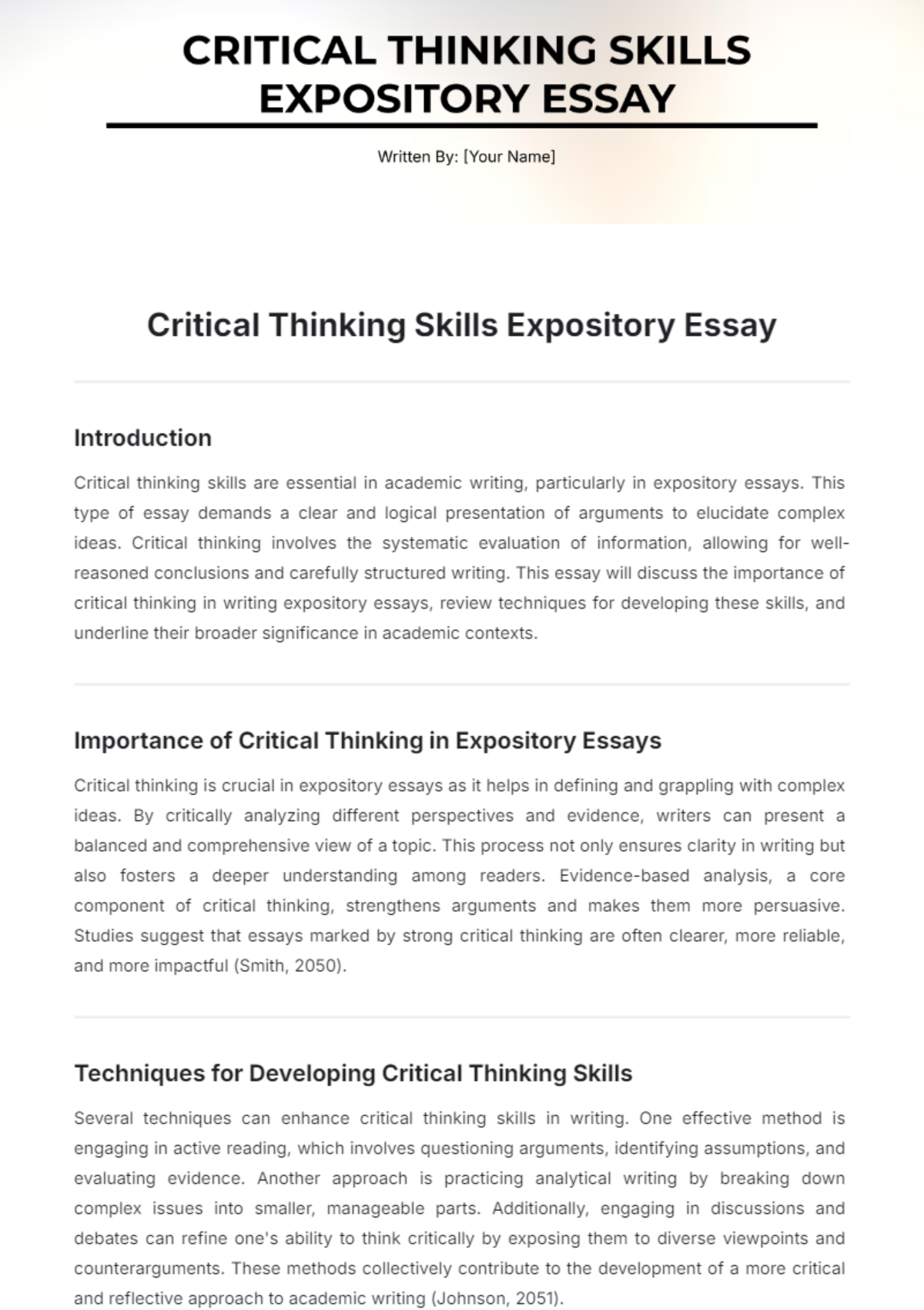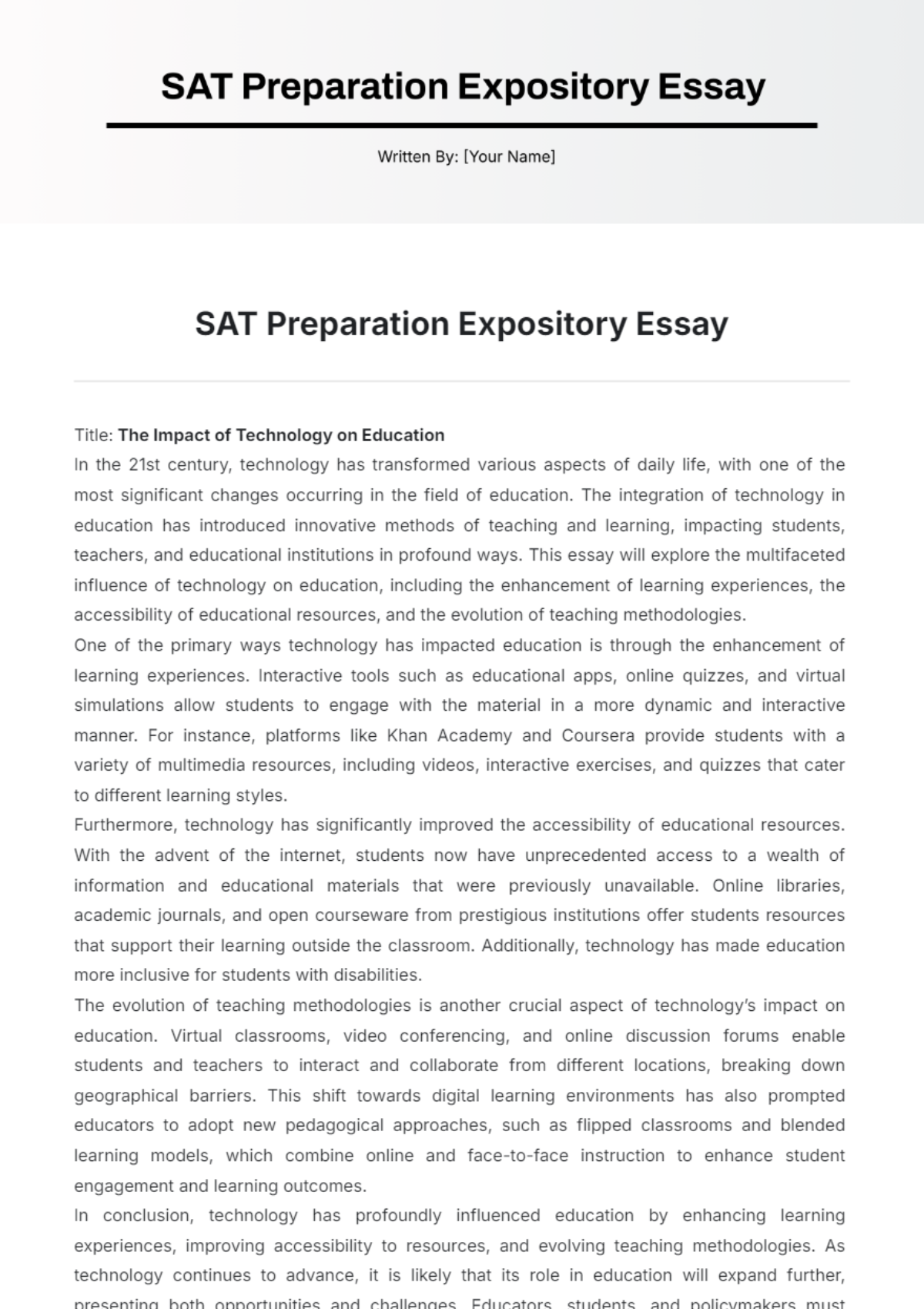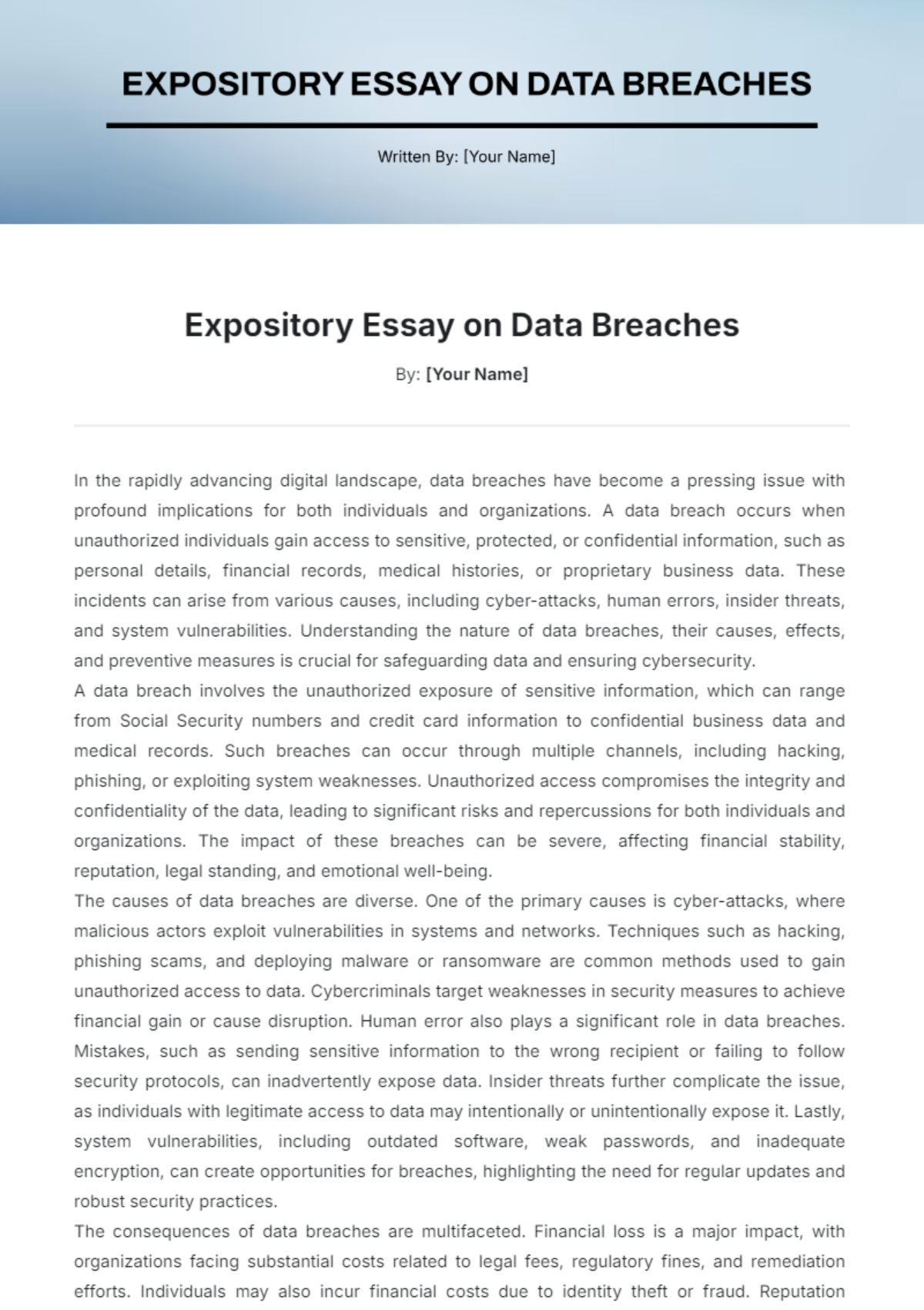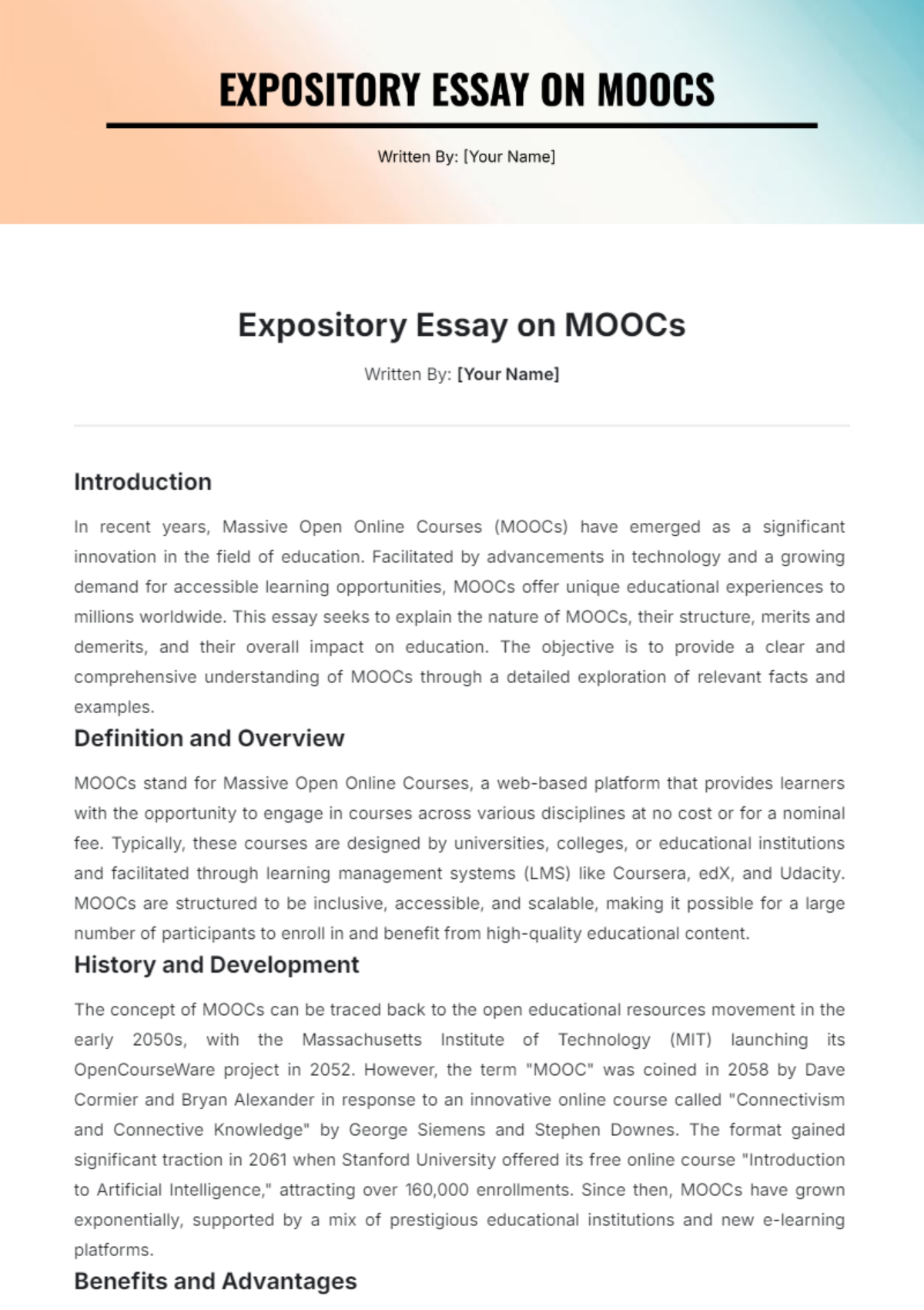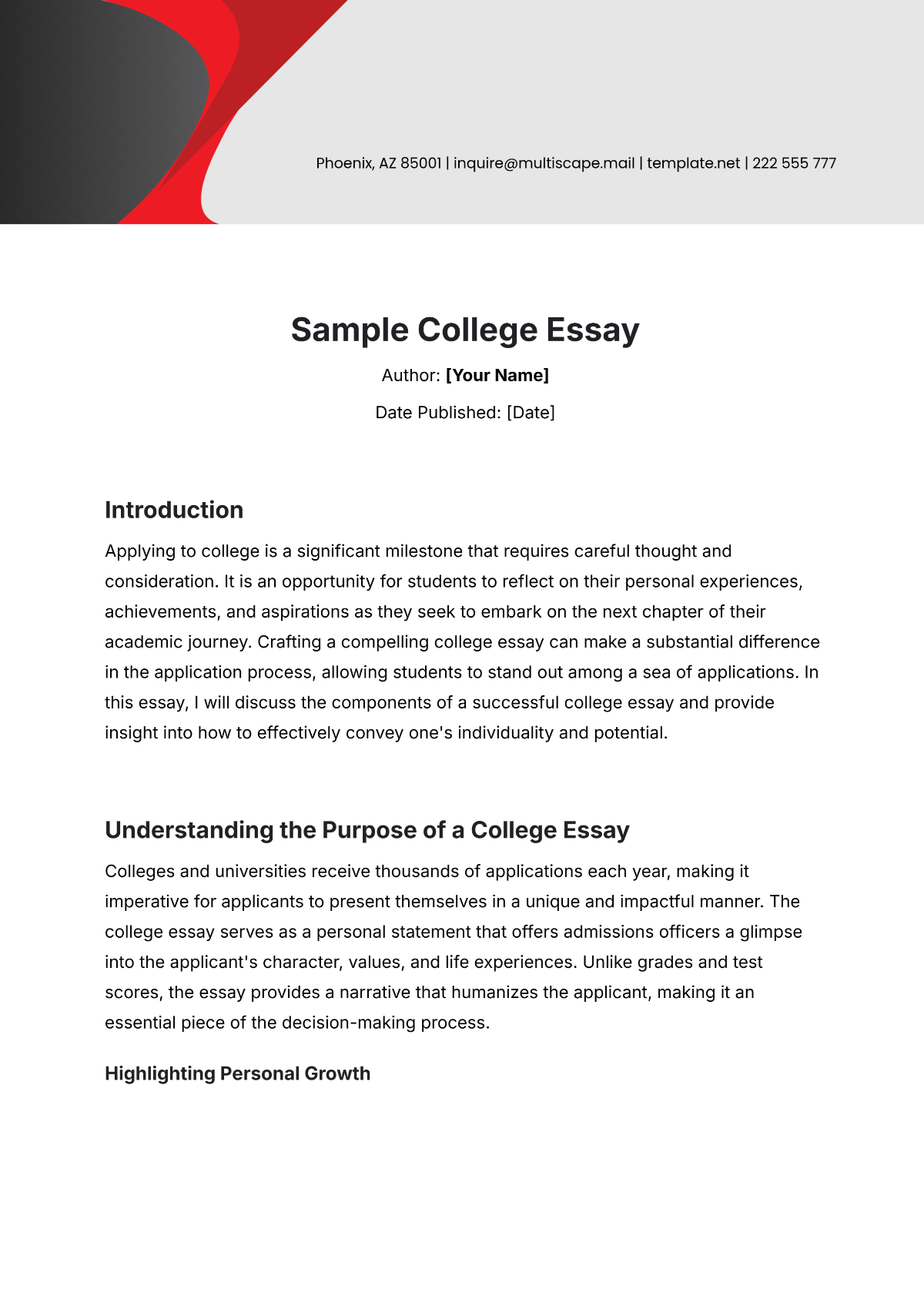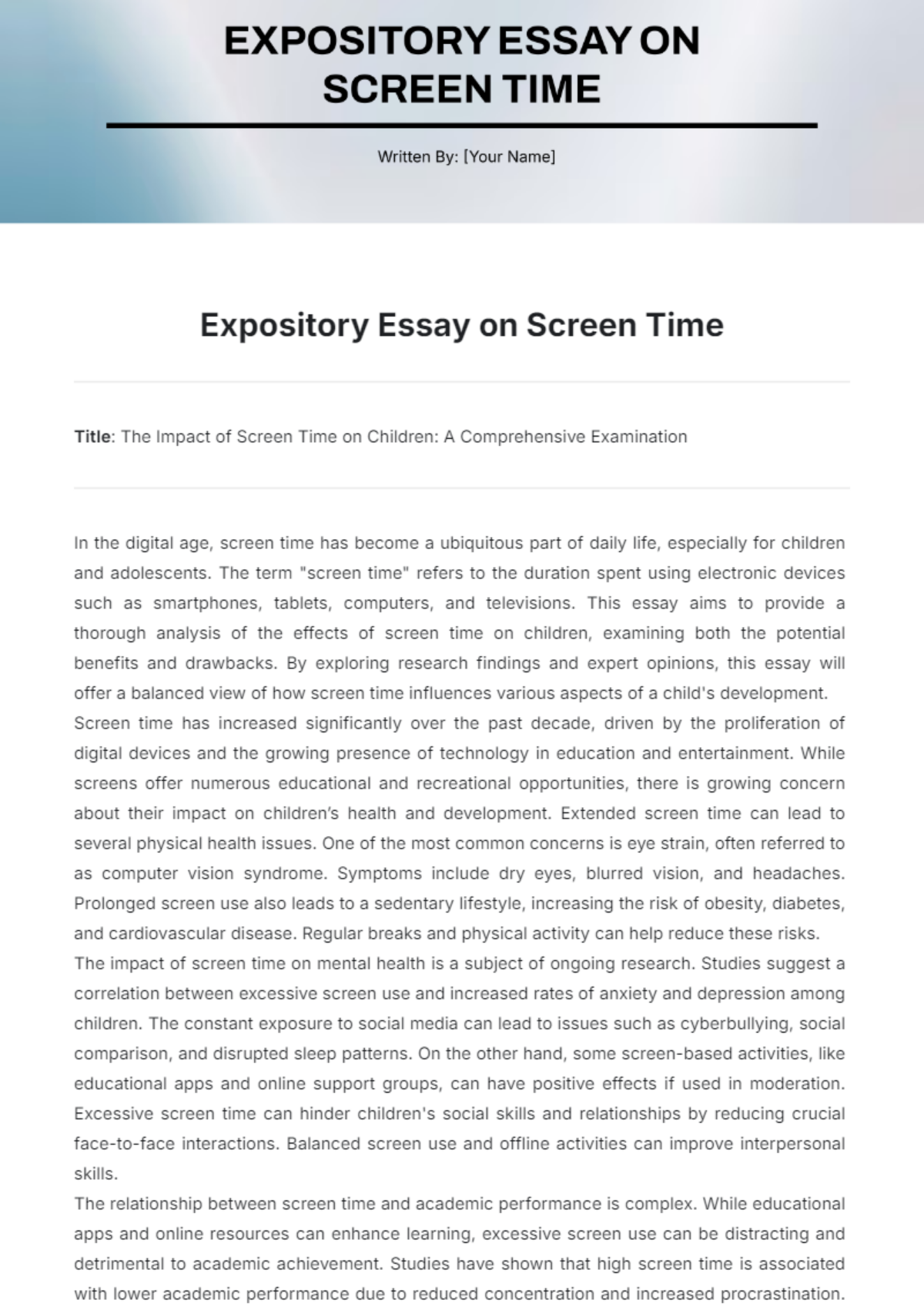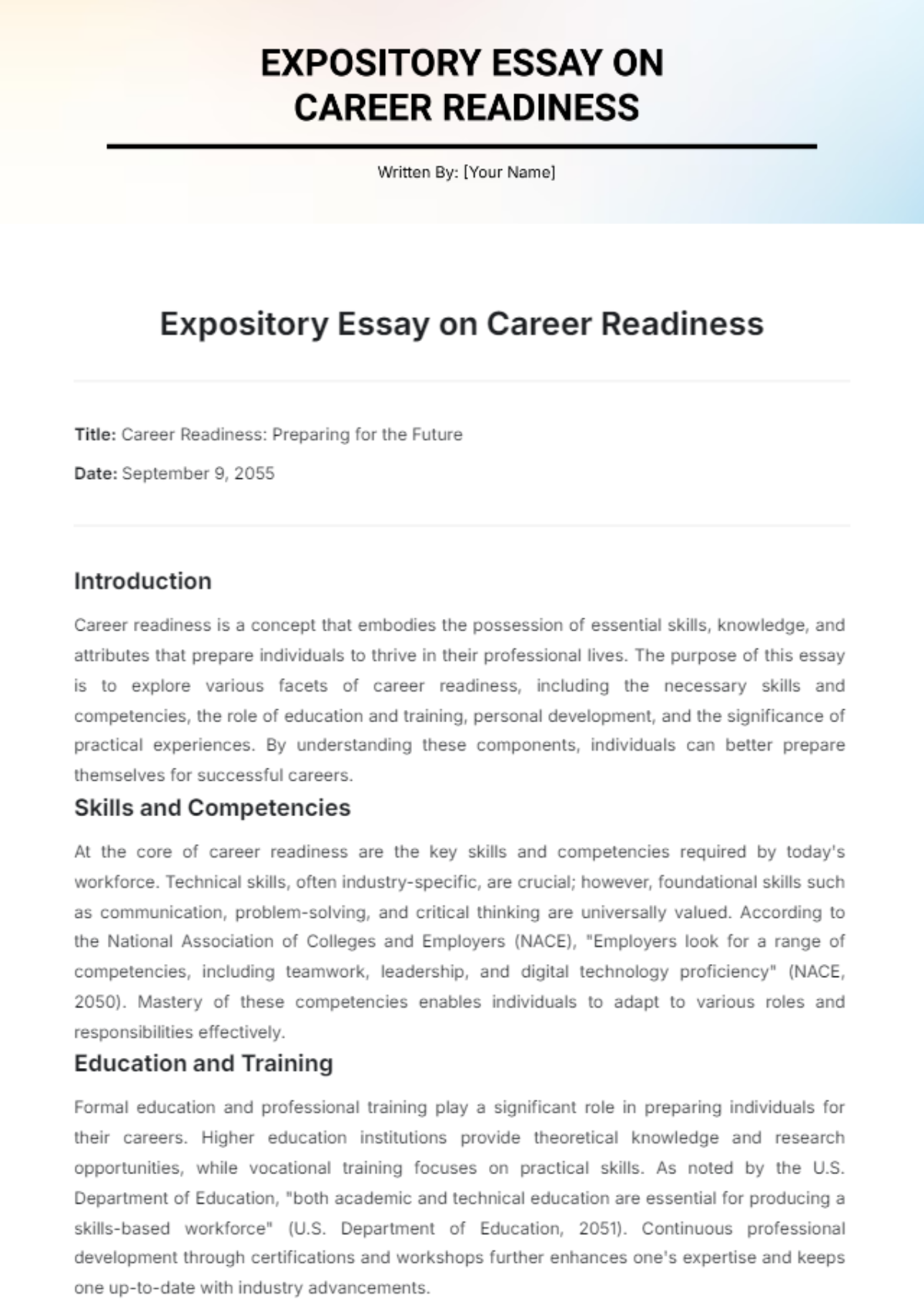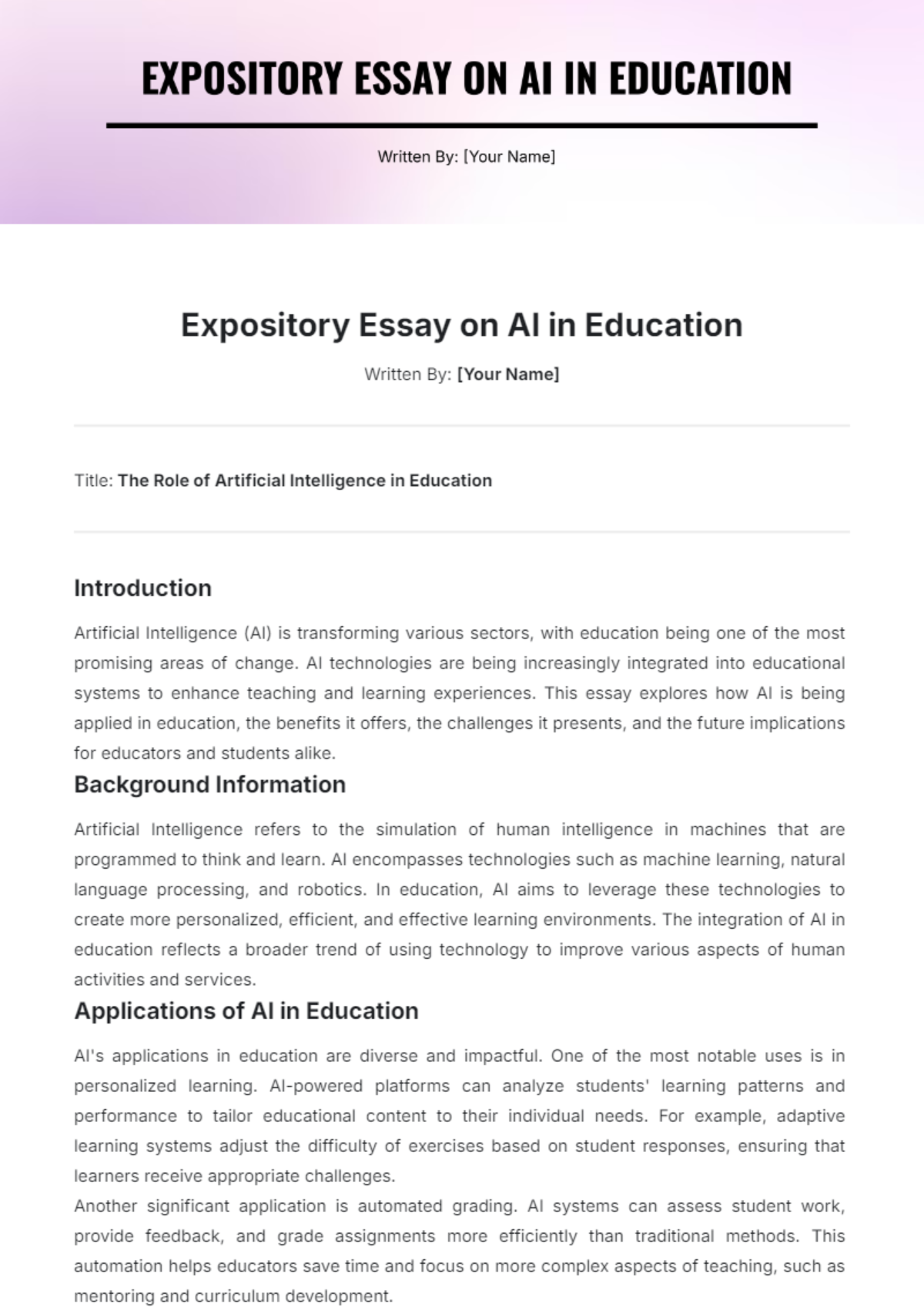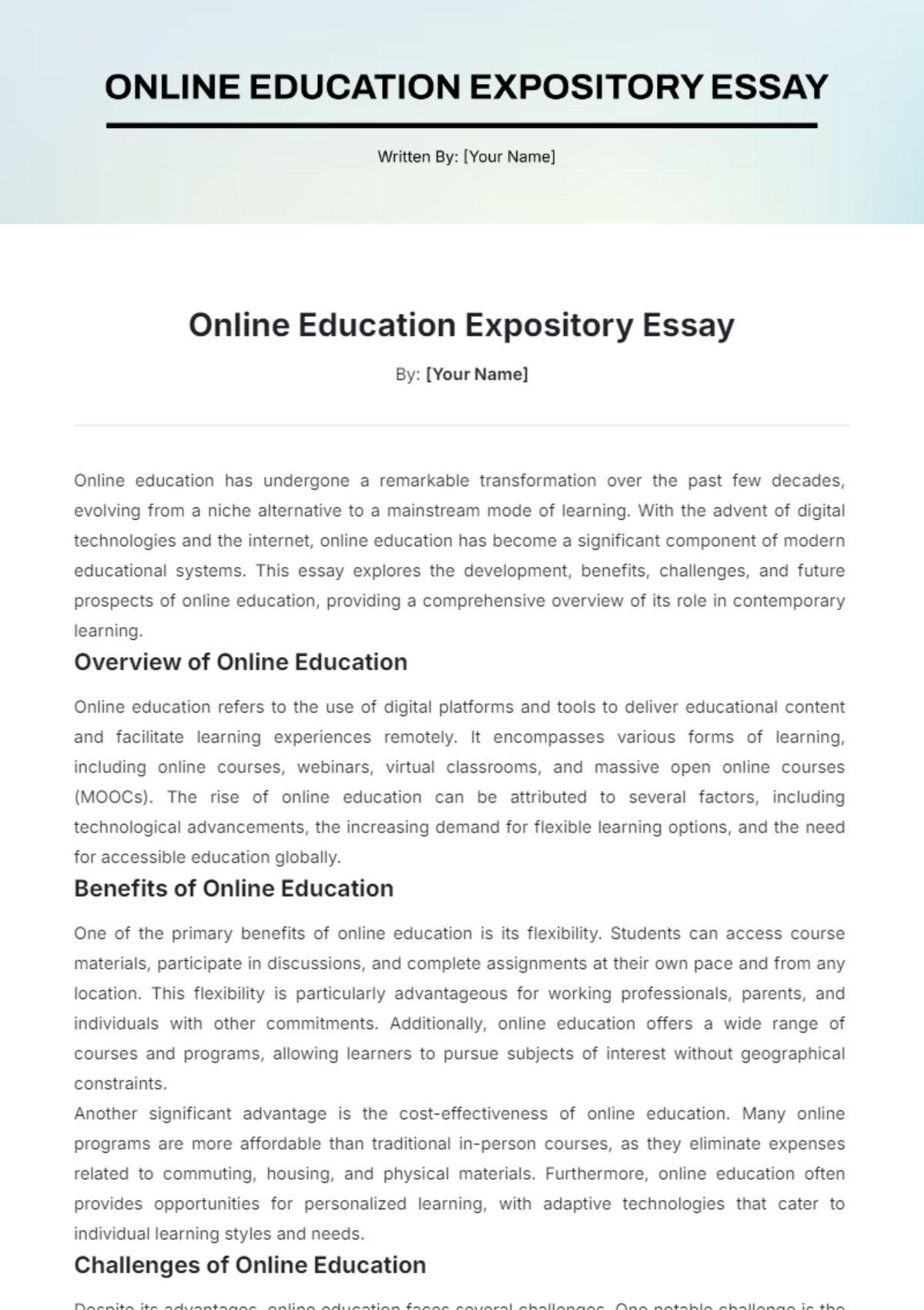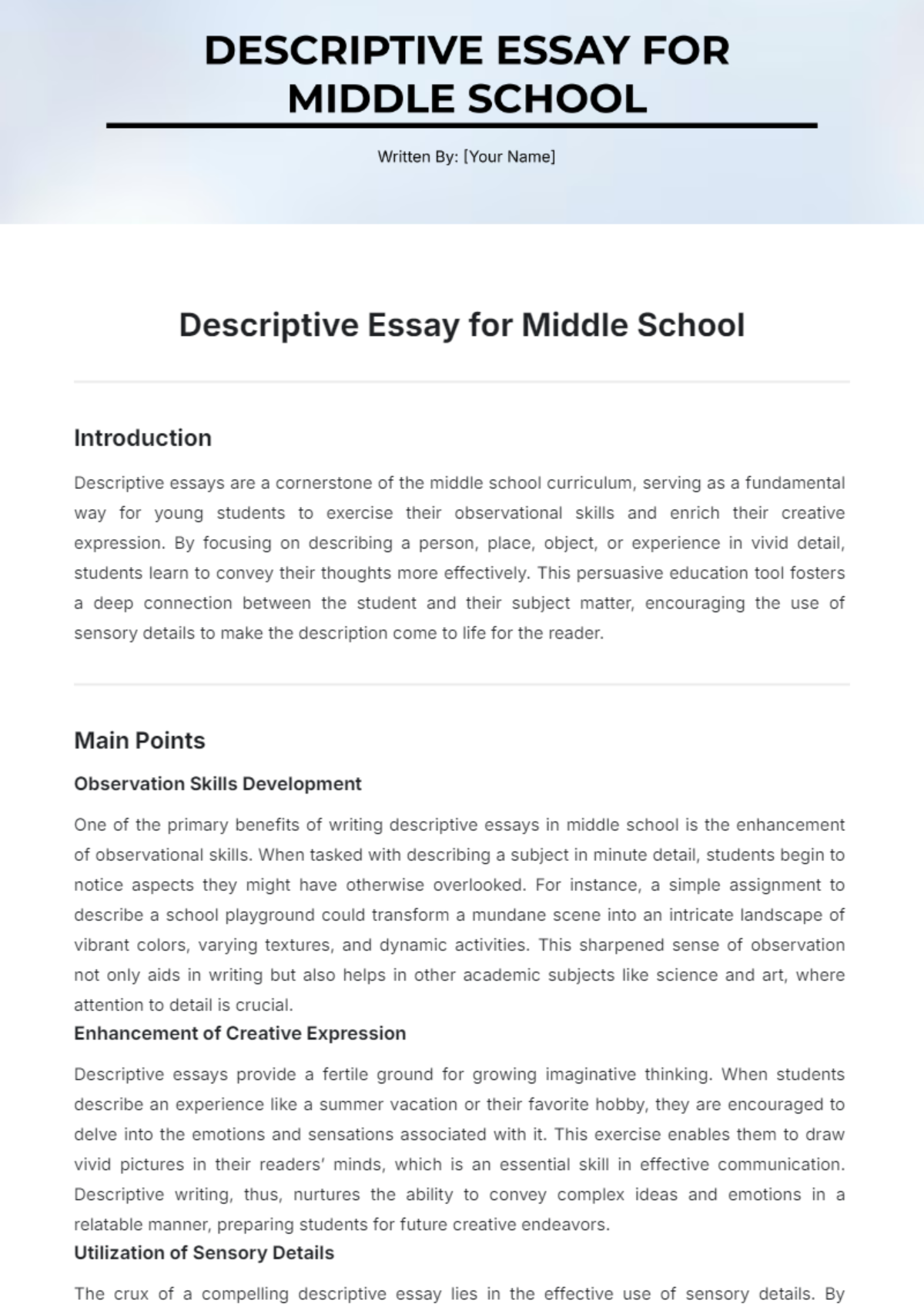Descriptive Essay for Professional Writing
Introduction
Professional writing encompasses a diverse range of styles and formats, each tailored to specific industries and purposes. At its core, professional writing aims to communicate clearly and effectively, often requiring adherence to industry standards and terminology. This essay provides a descriptive overview of professional writing, emphasizing the importance of structure, audience consideration, and technical precision.
Structure and Format
Professional writing is characterized by its structured format, which typically follows a clear and logical progression. Common formats include reports, memos, emails, and technical documents. Each format serves a unique purpose and adheres to specific conventions. For instance, reports often include sections such as an executive summary, methodology, findings, and conclusions. Memos are usually concise, focusing on delivering key information quickly. In all cases, headings, bullet points, and numbered lists are frequently used to enhance readability and ensure that information is easily accessible.
Audience Consideration
A critical aspect of professional writing is understanding and addressing the needs of the audience. Writers must tailor their language, tone, and level of detail based on the audience's knowledge and expectations. For example, an email to a colleague may use jargon and abbreviations understood within the team, while a report for stakeholders may require more comprehensive explanations and a formal tone. Successful professional writing bridges the gap between the writer's objectives and the audience's requirements.
Technical Precision and Terminology
Precision in terminology is crucial in professional writing, particularly within specialized fields such as medicine, law, engineering, and finance. Accurate use of industry-specific terms is essential for maintaining content credibility and avoiding misunderstandings.
Importance of Precision
Avoiding Ambiguity
Contextual Accuracy: Use terms with their specific meanings in context. For instance, in software docs, "API" is an Application Programming Interface, "debugging" means fixing code errors, and "runtime environment" refers to the system running the application.
Tools for Maintaining Precision
Style Guides: Writers often refer to industry-specific style guides that provide standardized usage rules and terminology, ensuring consistency across documents.
Glossaries: Specialized glossaries offer definitions and explanations for technical terms, helping writers use language correctly and consistently.
Conclusion
Effective professional writing is a nuanced skill that requires attention to structure, audience, and technical precision. By adhering to established formats, considering the audience's needs, and using accurate terminology, writers can produce clear, coherent, and impactful documents. These principles are fundamental across all forms of professional writing, ensuring that communication is efficient and effective in achieving its intended purpose.
Essay Templates @ Template.net
